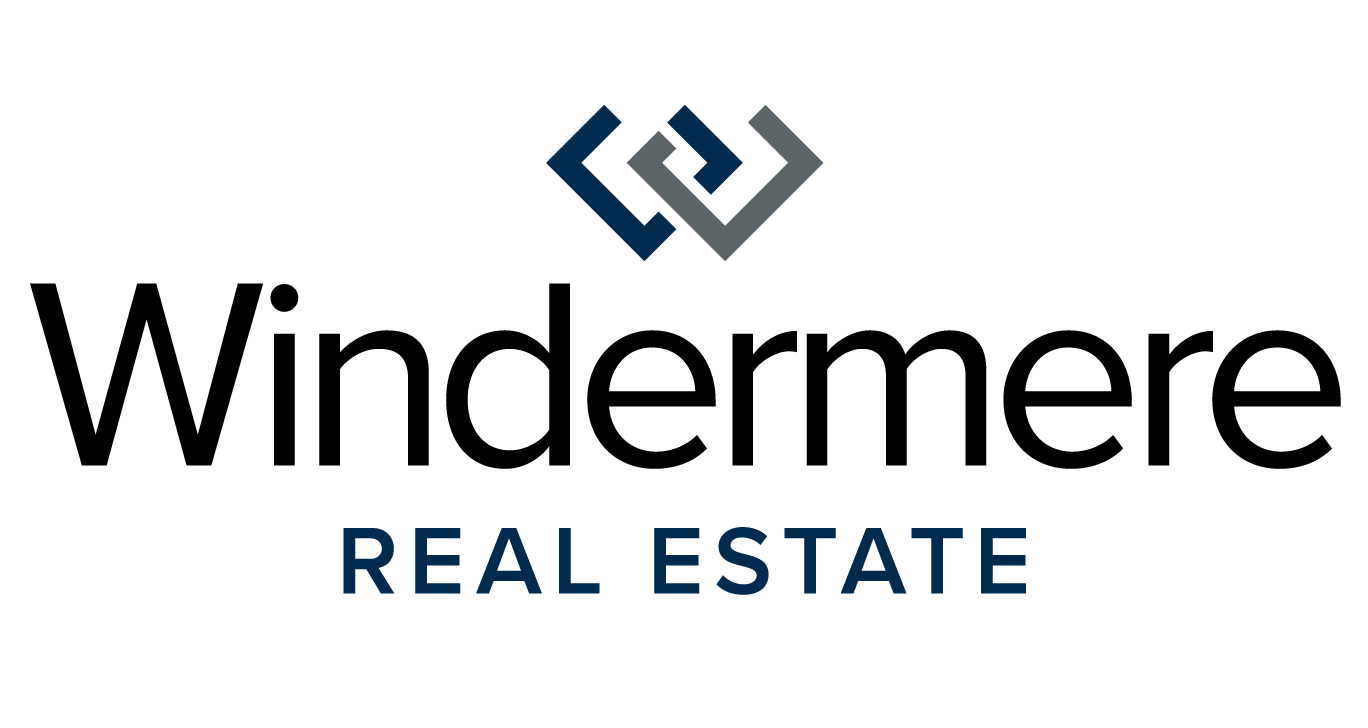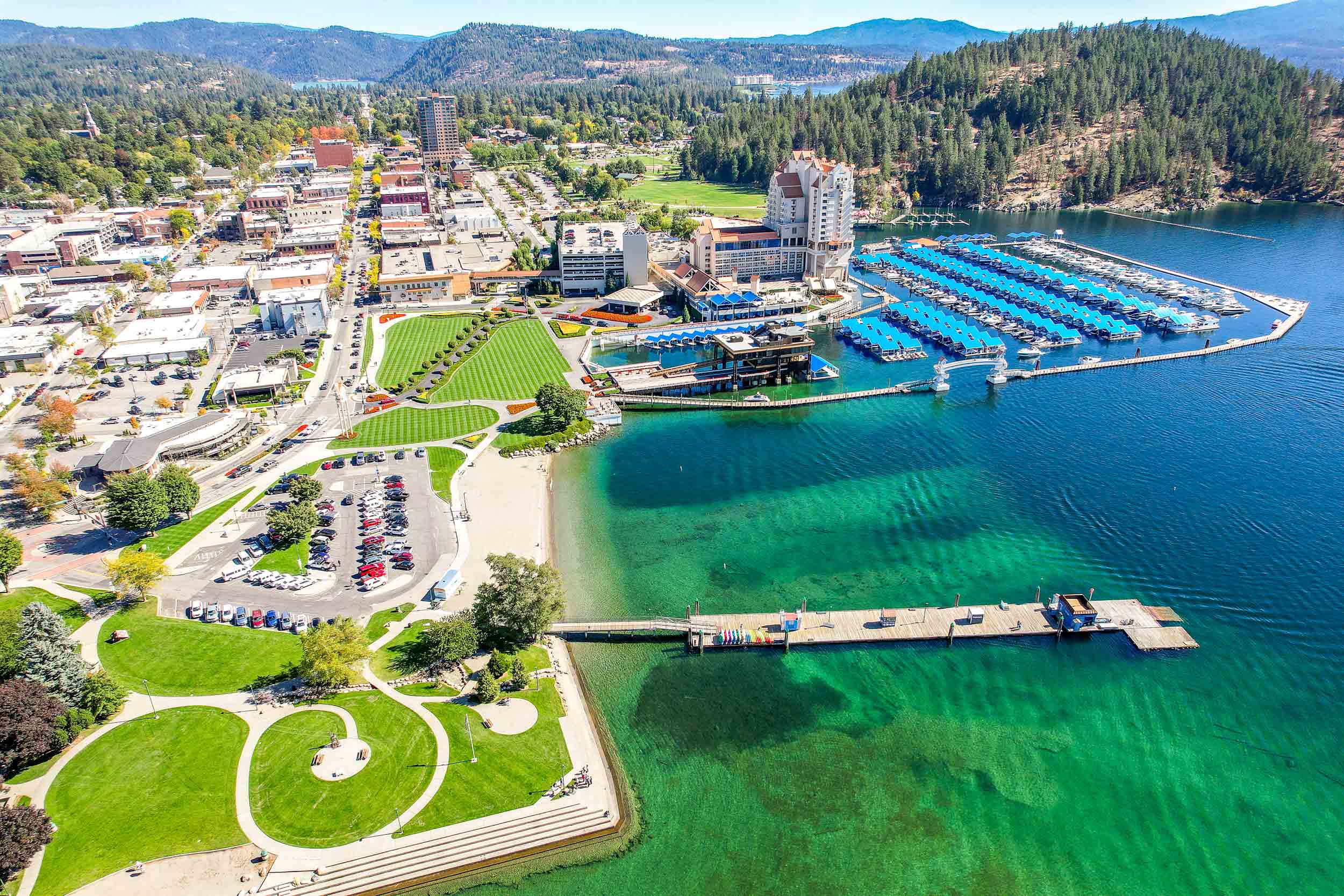Click Here to go back to Architectural Styles
Art Deco architecture began as a decorative take on modernist design from the early twentieth century. Sometimes referred to as Architecture Moderne, it was defined early on by large, geometric decorative elements and a vertically oriented, urban design with clean lines. Art Deco was made popular by Hollywood movies of the 1930s with flat roofs and smooth stucco walls, but was more commonly used for commercial design than residential. By the 1940s it had evolved to include curved corners, rectangular glass-block windows, and a nod to the nautical with porthole windows, giving it an almost boat-like appearance.
Elements of design:
- Flat roofs
- Vertical floor plans
- Smooth walls and corners, often made of stucco
- Bold, geometric exterior decorations
- Experimentation with new technology, glass block windows, neon, chrome, mirrors, and glass paneling
This article was originally printed on windermere.com


